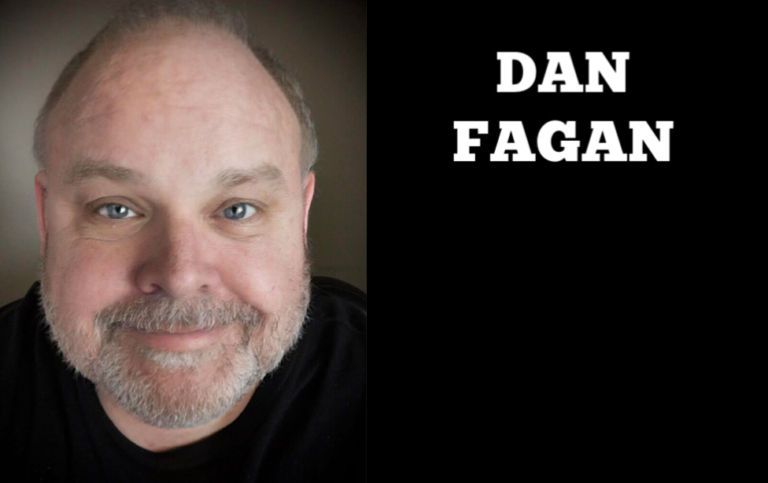By SUZANNE DOWNING
“Everybody I know here is sick about the RNC coming here,” wrote a reader from Jacksonville, Fla.
“We don’t want them to contaminate our city. Yes, I consider the Trump base to be racist and deplorable. Trump himself is a very sick man. I can only hope that he and his are soundly defeated. It is beyond my comprehension that you support them,” she concluded.
Harrumph.
The hatred of President Donald Trump manifests stronger than ever on the Left in 2020, and it will not get better as we lurch toward November.
He cannot win the Left over, and they have expressed their rage at him effectively since Inauguration Day in 2017, when they first took to the streets to protest with their special brand of collective primal scream. They’ve been raging at him ever since, in one form or another, with a special emphasis on this election year.
There’s a reason Democrats hate Trump more this year than they did in 2016. During that election cycle, they were told repeatedly by pundits and pollsters that he had no chance of winning.
“Donald Trump will never be president,” Americans were told by media authorities, who seemed to just “know.”
They didn’t have to hate him with passion back then because he was a joke, a buffoon to the media.
The Left had Hillary, and Barack Obama backed her. That means she would win the black vote. Michelle Obama backed her, which meant she would win the lady vote. Hillary Clinton vanquished everything in her path until she met the likes of Donald Trump.
In 2020, the Democrats are not taking chances. They saw the economy as unbreakable, and Trump on a path to victory. There was only one thing to do – burn it down. Stage a revolt. They are not going to allow him to win again.
In the rearview mirror, this insurrection from Seattle to D.C. seemed inevitable. The people had been cooped up in their homes for weeks in a form of government-imposed repression. Church was banned. Sports were prohibited. Police handcuffed parents playing with their children in parks, sunbathing on beaches, and even on paddleboarders in the deep blue sea. Meetings of Alcoholics Anonymous were raided and broken up. Millions of men and women were driven out of employment, children were out of school, and people were getting sick.
Hell broke loose, and it was fed by the fury against Trump and all he stands for to the Left. As Must Read Alaska’s reader in Jacksonville noted, Trump supporters are now all racist deplorables. She and other progressives are clearly not over Hillary Clinton’s loss and they are in full battle mode to make sure this doesn’t happen again.
It’s worth taking a snapshot look at this moment in 2016, because the country had a choice then. Voters may not have liked Donald Trump, but Mrs. Clinton was unacceptable to many as well.
In the Quinnipiac University National poll released in June of 2016, Clinton had 42 percent support to Trump’s 40 percent. It was considered too close to call.
Democrat voters may have fretted, but there was no cause to riot. There was enough to work with to get to a win.
Hate was simmering, even then. In that same poll, 61 percent of respondents agreed with the statement: “The 2016 election has increased the level of hatred and prejudice in the U.S.”
But of that 61 percent, 67 percent blamed the Trump camp and just 16 percent blame the Clinton campaign.
Women supported Clinton 50 – 33 percent and men supported Trump 47 – 34 percent at this time in the 2016 election season. Black support for Clinton was at 90 percent.
Then came November of 2016: Clinton won the popular vote by nearly 2.9 million, and yet did not prevail and return to the White House in triumph. In spite of two faithless electors defecting from Trump, and five faithless electors defecting from Clinton, Trump managed to crush the Electoral College – 304-227.
It was a breathtaking election for both sides.
Clinton supporters – almost to a person — are still raging in anger over that result, and Trump voters now have amnesia that their candidate only is in office only because his campaign team did better electoral math. His popularity is marginal, even after four years of a roaring economy.
Tim Malloy, assistant director of the Quinnipiac University Poll, summed it up in June of 2016: “It would be difficult to imagine a less flattering from-the-gut reaction to Donald Trump and Hillary Clinton. This is where we are. Voters find themselves in the middle of a mean-spirited, scorched earth campaign between two candidates they don’t like. And they don’t think either candidate would be a good president.”
With liberals sensing Trump could win again, they were the dry tinder for the match that was lit by Black Lives Matter. By the hundreds of thousands, they have turned our cities into chaos because of their hatred of one man, who represents all they hate about America.
For the choices this year, these voters do not have two lightning rod candidates. Only Trump brings out the rioters and the vitriol.
Biden is milquetoast, dithering, and as he reaches for words he can’t find, he bumbles toward November with neither the stamina for the job, nor the apparent desire for it.
You may pity him. You may consider him part of the swamp. But there’s nothing to hate there.
Trump supporters must recognize that the same people who hated Trump in 2016 are hating him even more today, and they do not hate his alternative. They will tolerate Biden. They will market him as normal.
This poses a peril for Republicans up and down the ticket. Trump has a rapidly shrinking window to make his case to swing voters. He cannot afford to alienate them between now and late October, when most will have made up their minds. As for women, it’s going to be a hard sell for Trump.
Although the Black Lives Matter riots show what a threat to our republic the Democrats are, how socialistic and communist-tolerant they have become, this will come down to personality in the end. Liberals may not like Biden, but he doesn’t trigger them into a visceral reaction, like the angry woman from Jacksonville expressed this week.
Biden reminds progressives of a time when things were going their way under the leadership of the cool-kid president. They long for those days when Obama was “admired” by European leaders and would not rock the boat of the world order.
Today, voters are faced with different scenario than 2016, when both candidates were hated – almost equally.
This year, the hatred only goes one direction. But it goes deep. Very deep.








